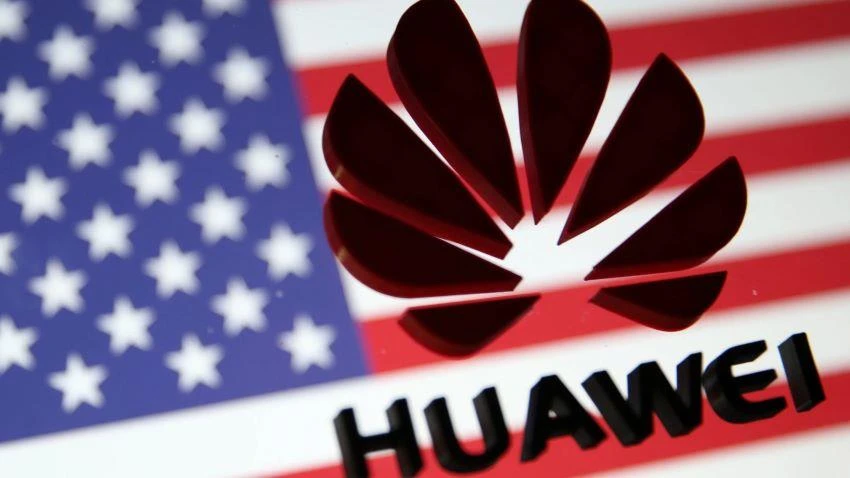
U.S. government agencies will eventually need to replace thousands of pieces of Chinese telecommunications and surveillance equipment under a procurement ban kicking in next Tuesday.
The interim rule announced Wednesday bars federal agencies from purchasing equipment from five Chinese companies or renewing contracts with them. It is based on the National Defense Authorization Act signed into law in 2018.
The federal government was using nearly 7,000 pieces of hardware each from Huawei Technologies and fellow telecommunications equipment supplier ZTE as of July 23, according to U.S. network security firm Forescout Technologies.
Another 1,700 devices in all are from video surveillance equipment suppliers Hangzhou Hikvision Digital Technology and Zhejiang Dahua Technology. The fifth company on the blacklist is Hytera Communications, which makes two-way wireless equipment.
Agencies can still use Chinese equipment already procured. But when upgrading or replacing the devices, they will be hard-pressed to find substitutes. The entire effort will entail significant time and cost.
Washington's ultimate goal is to end the national security threat it sees in Chinese-made products. The equipment could be used surreptitiously for spying, the argument goes.
Huawei strongly denies the accusation. The new provision invokes "punitive action without any evidence of wrongdoing," the company said.
Starting next August, federal government contractors that use equipment from the five companies will no longer be allowed to conduct transactions with the government.
Nor will private-sector transactions be exempt. U.S. President Donald Trump signed an executive order in May barring private companies from purchasing telecommunications equipment from Chinese suppliers deemed national security risks. The Department of Commerce is expected to develop specific rules by October.
The National Defense Authorization Act also contains export control reforms designed to clamp down on deliveries by private-sector companies. It will set up new processes for reviewing exports of emerging technologies, which include artificial intelligence and robotics.
The process extends to so-called foundational technologies rooted in America's manufacturing base. While the new regulations are not China-specific, a former senior Commerce Department official said the aim is to fight back against Beijing's "Made in China 2025" initiative.
The Commerce Department is nearly done hashing out export restrictions concerning foundational technologies, according to a department official involved in national security matters. Draft regulations will soon be made public, and the department will start accepting comments from corporations and universities. The department will devise criteria for determining what constitutes "foundational technologies."
Public comments have already been collected on emerging technologies, and the rules will soon be finalized, the Commerce official said. The draft listed 14 fields, including AI, robotics and quantum tech.
Up to now, the Commerce Department's list of exports under scrutiny contained chips and other dual-use items. But many in Congress have complained that the list has not kept up with China's technological advancement.
The restrictions being put in place offer a quick solution for preventing sensitive tech from being shipped to China. But casting too wide a net over U.S. exports presents its own risks.
American companies and foreign businesses that use U.S. products will find exporting difficult and will encounter obstacles in sales as well as in research and development, said an executive at an American unit of a Japanese company.
The Commerce Department is crafting an internationally focused framework on the export restrictions and is closely exchanging views with the Japanese government, according to a senior department official.




















